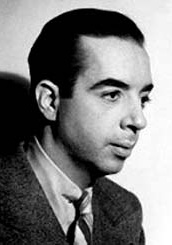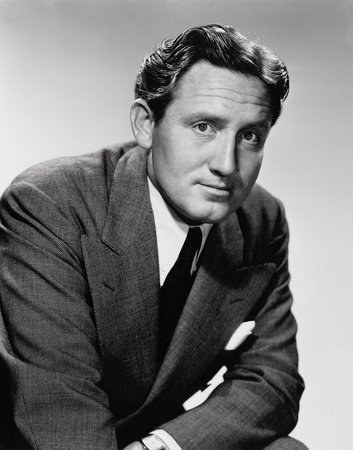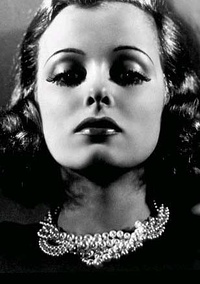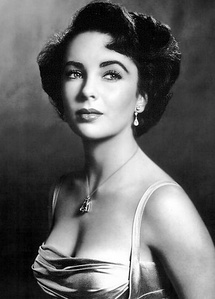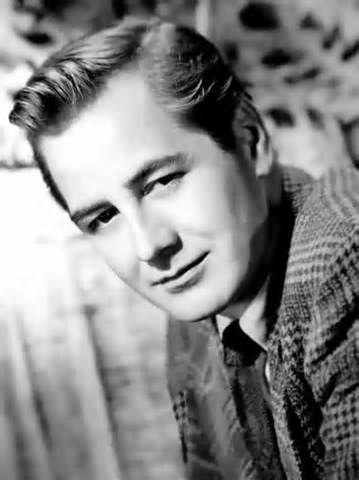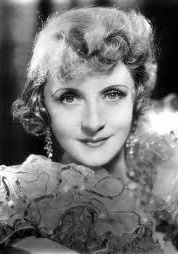岳父大人 Father of the Bride(1950)
简介:
- 泰勒饰演正准备出嫁的女儿凯,但她父亲却老是认为女儿还小,不该太早结婚。父女一番冲突之后,父亲无奈接受事实,开始对未来女婿进行了解和评估,认为他配不上自己女儿,但同时又到处张罗着要为凯办一个体面的婚礼。一直到女儿离家度蜜月之后,他才如释重负。
演员:
影评:

Successfully transitioning Elizabeth Taylor from a child sensation to an untested adult sphere, and riding on the coattail of her very much publicized first marriage to Conrad Hilton Jr. (the heir of Hilton Hotels) at a tender age of 18, Vincente Minnelli’s FATHER OF THE BRIDE, a seriocomic take on a father’s bittersweet journey of marrying off his beloved daughter, was met with great box office response, also an Oscar BEST PICTURE candidate, and ends Tracy’s one-decade long Oscar drought with a fourth nomination after his consecutive wins for CAPTAINS COURAGEOUS (1937) and BOYS TOWN (1938).
Commencing from the jumbled conclusion of a wedding reception, the state of affairs unfolds exclusively through the voiceover of Stanley Banks (Tracy), a suburban lawyer whose daughter Kay (E. Taylor) has just tied the knot with Buckley Dunstan (Don Taylor), then rewinds three-months earlier to the day when Kay wrong-foots him and his wife Ellie (Bennett) by casually announcing her matrimonial plan, where the story begins.
While the realization of their precious daughter now has become a grown-up takes some time to settle in, Stanley and Ellie bestir themselves to arrange the ceremony after an awkward meeting with their well-to-do in-laws, which soon balloons from a small ceremony to a formal church wedding with all its trimmings (final attendance: the reception, hosted at the Banks’, 250; the church matrimony, the number doubles), with mounting bills to vex Stanley (one might quibble the movie plays out as if it is only the parents of the bride who defray the expenses, completely leaving out the Dunstans’ contribution in the picture), who at his most desperate point, goes out on a limb and suggests elopement to Kay as an alternative.
But at any rate, even after some laughable snags (their honeymoon destination nearly puts paid to the nuptials) and knockabouts (the chaotic wedding rehearsal is gratingly overdone), the film is a bonhomous espousal of marriage in its most orthodox sense, a father must accept the deal no matter what, to desist from the illusion that his precious princess will never grow up, and Minnelli at least, after all the fluffiness and hubbub, has a flourish to visualizing a father’s incubus during his daughter’s wedding, to a thrilling effect.
Mr. Tracy is great to behold as per usual, a class act in transmuting subtle humor onto his affable persona, like Kay exclaims, he is the best father a daughter could ever dream of and we do believe that on the condition of his performance, and Elizabeth Taylor, ever so doe-eyed and comely, has been part and parcel of a natural force that can light up the screen and invite audience to beg for more. Joan Bennett, as fiercely posed as she is, on the other hand, has to take up the job of a foil in spite of the role’s large and irreplaceable presence, as the movie’s title suggests, there is no place for “mother” in this dreamy, frothy, but essentially touching father-daughter dyad.
referential entries: Minnelli’s TEA AND SYMPATHY (1956, 7.7/10); Stanley Kramer’s GUESS WHO’S COMING TO DINNER (1967, 7.6/10).

